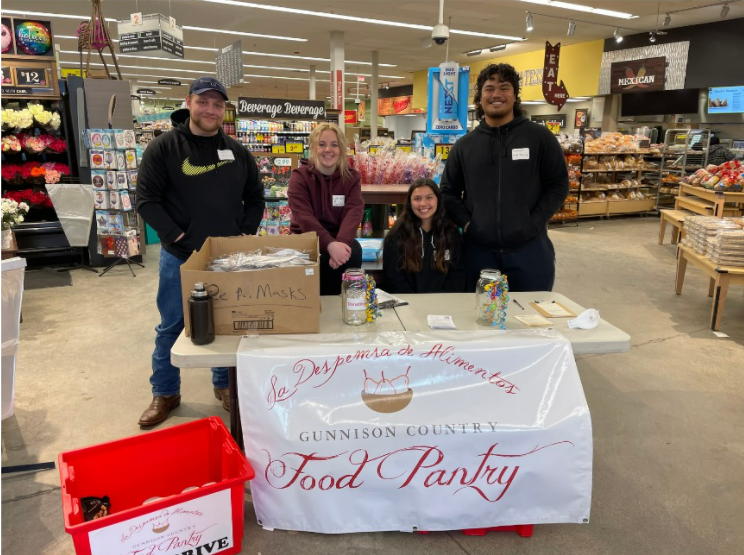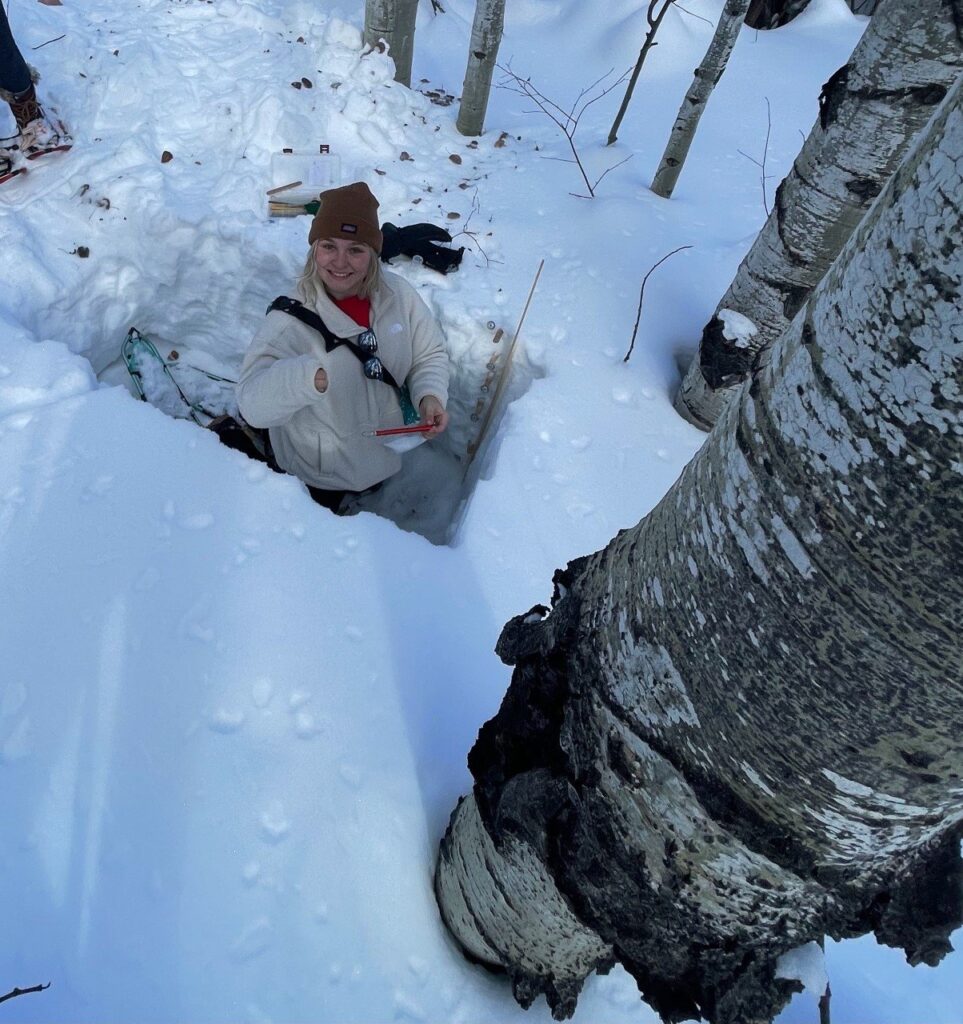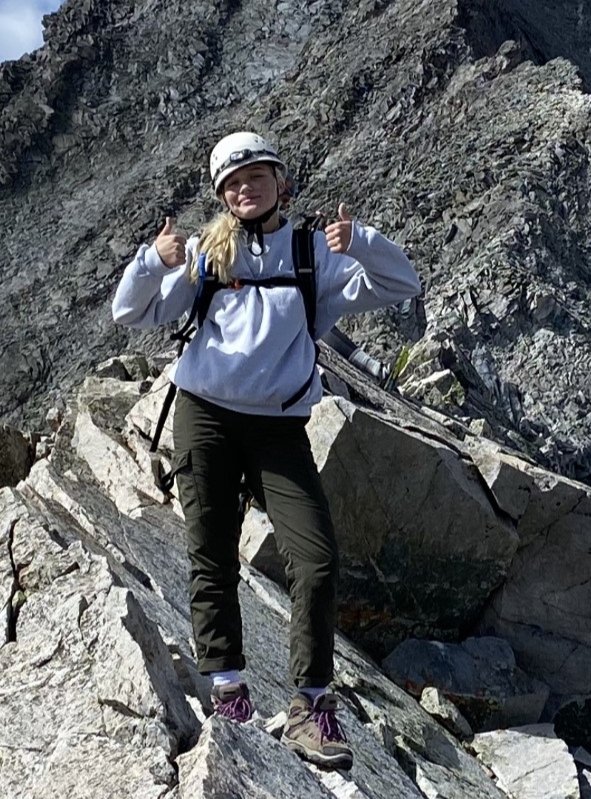By Rachel Pawela and Gesena Mitchhart

Our names are Rachel Pawela and Gesena Mitchhart, and this semester we are working on a food security internship through the Clark Family School of Environment and Sustainability (ENVS) in an effort to create a more food-secure campus. As many on campus are likely aware, whether they understand the struggle firsthand or have witnessed it through others’ experiences, food insecurity is a very real and quite devastating threat to many students at Western. Food insecurity pushes people into a state of constant worry, malnourishment, and financial stress.
Constantly wondering where your next meal will come from, or if you are getting enough nutritious food, is exhausting. If you are unaware what exactly food insecurity is, the U.S. Department of Agriculture (USDA) formally defines food insecurity as a lack of consistent access to enough food to support an active, healthy life. College students in particular experience food insecurity at much higher rates than the average American.

In a recent 2020 study, the Hope Center found that more than 34 percent of college students experienced food insecurity within 30 days of the study. Not only are students hungry, but their access to food also has an outsized influence on their chance of graduation. Students experiencing food insecurity are 43 percent less likely to graduate college, and 61 percent less likely to go on to get an advanced degree, notes The Hill.
Many students may feel stigma surrounding the possible use of a food pantry or meal supplement program. Admitting you are in a state of need can be incredibly uncomfortable, and students can experience shame about needing help. However, it is critical to note that food pantries are specifically designed to help those in need, and that the levels of need can vary widely (and that is okay!). It is also important to remember that your need to access the pantry resources is in no way inferior to another person who is also experiencing food insecurity.
We have seen that there is a stigma surrounding the food pantry in the eyes of college students, and that many students may feel uncomfortable using our local food pantry. We believe that many students struggle with the idea of accessing the pantry because they are afraid that they might exhaust resources that could otherwise be used for other people, or they simply feel uneasy physically going inside the pantry.
But Angie Krueger, the Gunnison Country Food Pantry’s Manager, notes that food which isn’t utilized promptly by the community simply goes to waste. Due to the pantry’s many connections with grocery stores around town, there is an abundance of nutritious food waiting to be taken home by those who could use it.

The issue of food insecurity is a complex and ongoing problem, but it isn’t hopeless. At Western, there has already been a large push from campus organizations both off and on-campus to create an inviting environment to ensure food security on campus. Many students are aware of the pop-up pantry that happens monthly, as well as the free bread drives, both put on by Omicron Delta Kappa (ODK) in coordination with the Gunnison Country Food Pantry. However, it has become clear to us that many students are unaware that they also have access to the pantry’s main location, at 341 N Main St., although they are slated to move to a larger space that will be able to store even more food soon.
Our primary goal during this internship is to create a closer relationship between Western and the Gunnison Country Food Pantry. In order to do this, we have been working closely with the pantry to brainstorm ways we can successfully reach our peers and ensure that they have access to the resources they need to become food secure.
We are officially announcing the launch of our food security survey that will provide us with better information about the scope and scale of the food insecurity issue on campus, and also inform us about the specific barriers preventing students from utilizing the food pantry.
With this survey data, we plan to create educational and outreach materials about the Gunnison Country Food Pantry. We also plan to use this data to create a transportation system (if deemed important by survey results) which would utilize Western vans to transport students to and from the food pantry on a regular, weekly basis.
Our ultimate goal is to create a campus where issues of hunger and financial security do not hinder student success. We envision a campus where students are able to thrive and put their energy towards their passions, not merely filling their stomach. We hope that this project’s positive outcomes will last beyond our time here at Western and aid in creating and ensuring food security for Western students, both on and off campus, for years to come.
For more information feel free to contact us with any questions or ideas that could benefit this project. You can reach us at our emails below:
